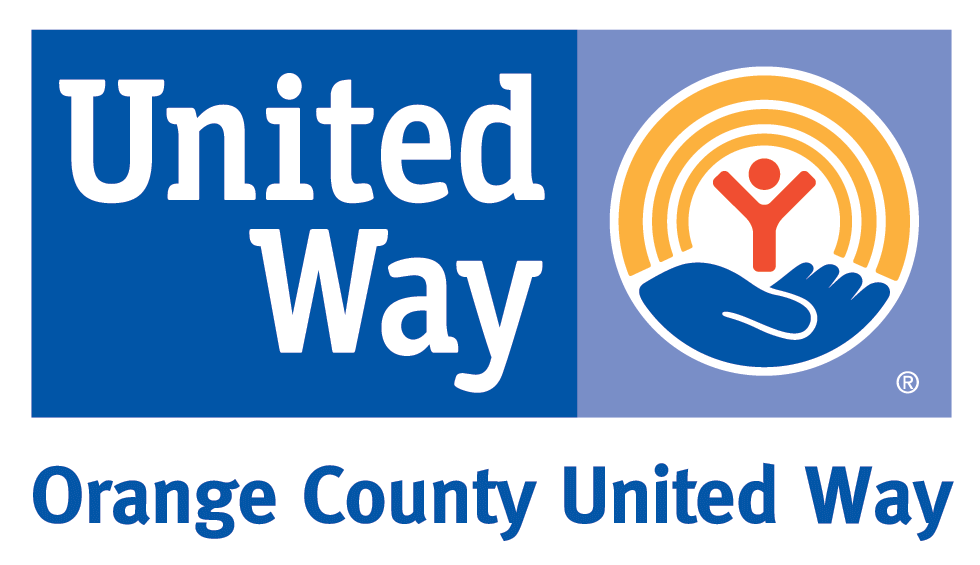Why Grade-Level Reading Matters More than You Think

We all know that a quality education begins with reading. In fact, kids who read proficiently by third grade are more likely to graduate high school. Yet, only 36% of fourth-grade students in the United States are proficient (or better) in reading according to National Assessment of Educational Progress. It’s a troubling statistic, one that can have dire consequences on an individual’s success in school, work and life. Grade-Level reading matters!
Orange County United Way working to cut our community’s high school dropout rate by half by 2024. We’re investing in childhood literacy programs like OC Reads Initiative, which draws support from parents, pediatricians, school officials and many others. Our campaign – Read Aloud 15 Minutes – is also encouraging parents and caregivers to develop the habit of reading with kids daily beginning from birth.
But for some families in our community, access to books isn’t a given. That’s why we’re putting books in doctor’s offices, schools, community centers, and parks across our cities. With a “take one, leave one” concept, readers can borrow a book and leave a book to share with others. The response has been great, with kids telling us these Little Free Libraries are getting them excited about finishing a book and seeing what else they can read.
Grade-Level Reading Matters: Put Your Child on the Path to Success
Here are some tips to get you started:
- Set aside at least 15 minutes every day for recreational reading. Spend time asking your child questions about the characters and illustrations, and put some passion into it!
- Make reading interactive. Children need various ways to respond to books. They can build comprehension by writing in journals, dramatizing scenes or creating works of art that bring the story to life. These interactions promote further appreciation of books and are a great way to make strong connections.
- Develop a rewards system. Engaged readers view books as the best reward. If we want children to be motivated readers who read for their own purposes, we need to rethink reward programs at home. If you use incentives, surprise your child with books for rewards instead of candy, prizes or points.
When children read better, they imagine more richly, develop more vocabulary and engage in critical thinking. You can also help nurture the love of reading by visiting the library with your child or creating a special place at home where you can read together.
Orange County United Way is Solving Problems in the Community
United Way fights for the education, health, housing and financial stability of every person in Orange County. If you are looking for ways to help the community, learn how to get involved or sign up for our monthly newsletter. Join the Fight!
Conclusion
Why does grade-level reading matter? If children get to fourth grade without learning to read proficiently, they are a greater risk to drop out of high school. The importance of reading is a critical bridge to success in school, work and life. When children read better, they imagine more richly, develop more vocabulary and engage in critical thinking—skills that lead to college and career, and the building blocks for a good quality of life. Developing a habit of reading for 15 minutes, encouraging interaction and rewarding your child every day sets them on the right path.










